Today we’re talking about the post-award phase of the grant lifecycle (a previous post discussed the pre-award phase). As a quick refresher, pre-award activities include activities like:
- Searching for funding
- Developing proposals
- Working with internal teams on grant applications
Institutions face distinct responsibilities and requirements throughout the grant lifecycle. Each phase has its own set of requirements for reporting, accounting, administration, and management.
In a typical Institution, a principal investigator (PI) takes the lead in the technical completion of the grant and is responsible for the fiscal oversight associated with the grant, with help from others in the research administration office.
Post-award phases include:
- Project setup
- Documentation
- Award management
- Fiscal monitoring
- Grant and contract analysis
- Effort certification
- Award closeout
- End-of-project reporting
Typical tasks include helping administer the award, preparing and submitting invoices, tracking payments, managing financial reports, tracking time and effort, and ensuring compliance with any sponsor or institutional regulations.
Past approaches to post-award grants management
Many institutions try to do post-award grants management with a combination of manual methods, spreadsheets, and standalone systems. Typically, spreadsheets might be useful for a small number of grants (less than about 20 per year) and for organizations with small administrative budgets. However, institutions handling post-award management for many grants quickly run into problems.
Common challenges include:
- Lack of simultaneous data entry
- Limited data validation
- Maintaining multiple versions of spreadsheets and reports to meet reporting requirements
- Difficulties managing or comparing information that spans multiple years
- Maintaining consistent internal coding systems for funding agencies
And more. While there is no set number of grants after which point a spreadsheet is no longer optimal, institutions must consider the complexity or amount of post-award data being maintained per grant, as well as the total number of grants in relation to the bandwidth of a single investigator or administrator. In addition, when many grants are involved, maintaining data integrity and keeping multiple versions up to date can become problematic.
Compliance issues
In terms of post-award compliance, organizations that receive grant awards from federal agencies have detailed post-award requirements. Federal awarding offices monitor grants to identify potential problems and areas where technical assistance might be necessary. This active monitoring is accomplished through review of reports and correspondence from the grantee, audit reports, site visits, and other information available to federal agencies.
The National Institutes of Health and other agencies require grantees to submit a variety of reports that are due at specific times during the lifecycle of a grant award. All reports must be accurate, complete, and submitted on time. Selected reports include technical reports, reports related to working with human subjects, financial statements, cash transactions, expenditure data reports, close-out, and associated audit reports.
These are just a few federal post-award mandates. Each federal funding agency has its own set of post-award requirements to help track federal funds in accordance with applicable laws and regulations.
A better approach to post-award grants management
Leading research institutions streamline post-award administration by using grants management software to handle the post-award phase. By automating each step, it’s more efficient to manage the preparation of financial reports mandated by federal agencies, which are due at specific times during the lifecycle of a grant award.
Automating the process will help research institutions improve post-award management and reporting regulations, including the timing of invoices and archiving of documentation such as financial statements.
Specifically, grants management solutions can help with:
- Issuing, receiving, paying third-party invoices
- Tracking due dates for financial, technical and other mandated reports
- Tracking communications with subrecipients, if needed
- Monitoring invoices for unallowable costs
- Tracking documentation in the form of original receipts, copies of payroll records and audits
- Documenting, generating reports regarding internal controls and procedures
- Effort certification to track the percentage of time (effort) that employees devote to federally sponsored projects
Looking for insight into improving your grant lifecycle? Contact us today to see how an automated solution will help you work smarter.


